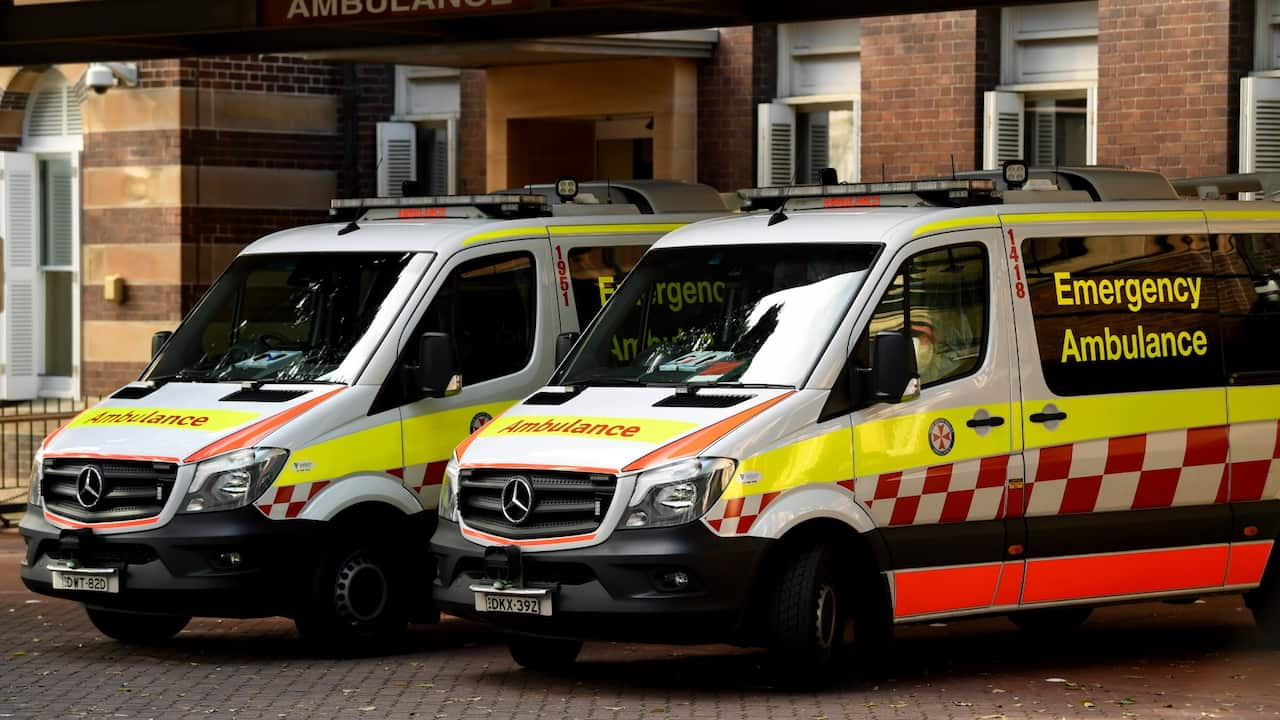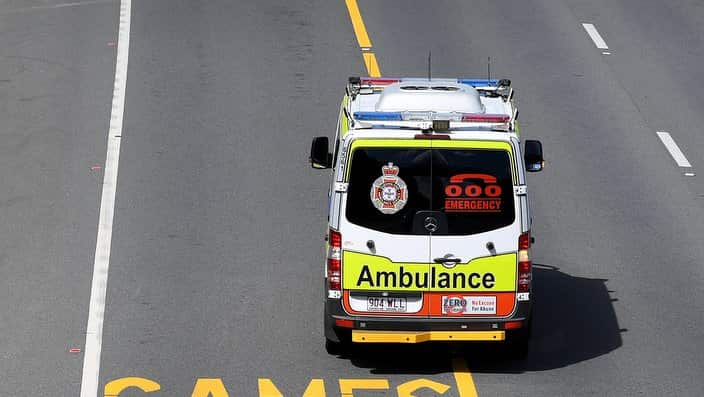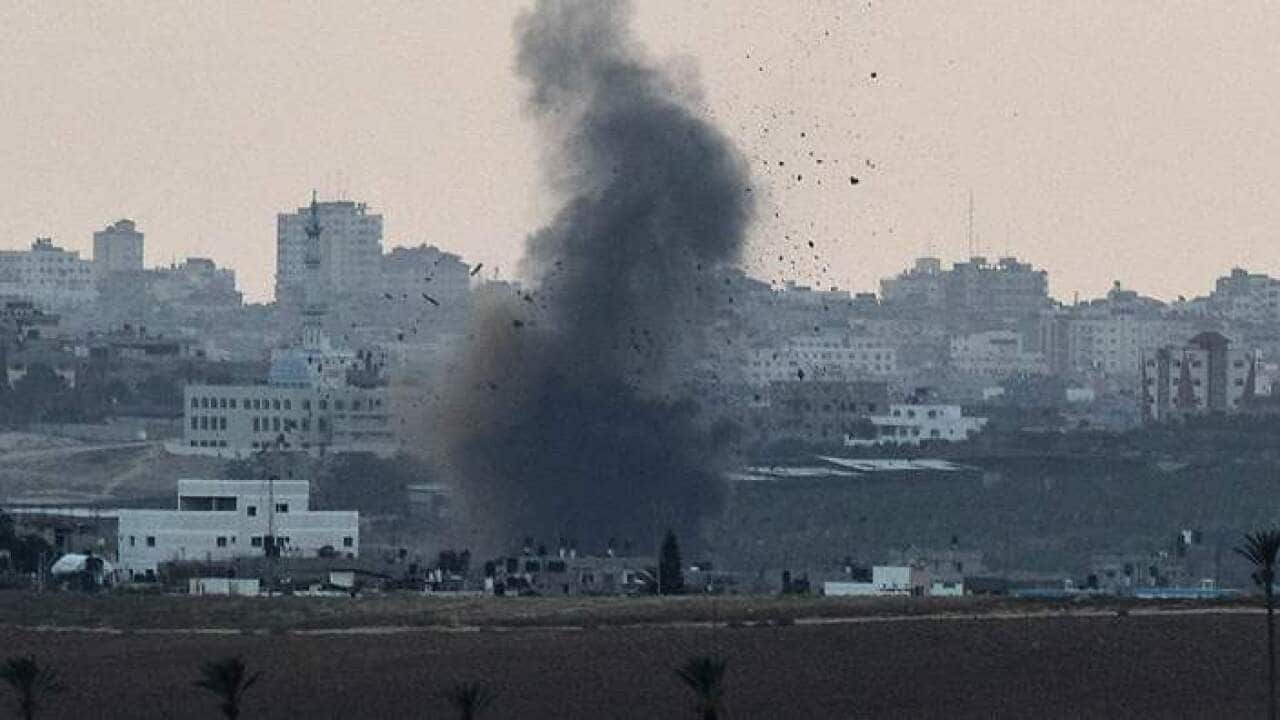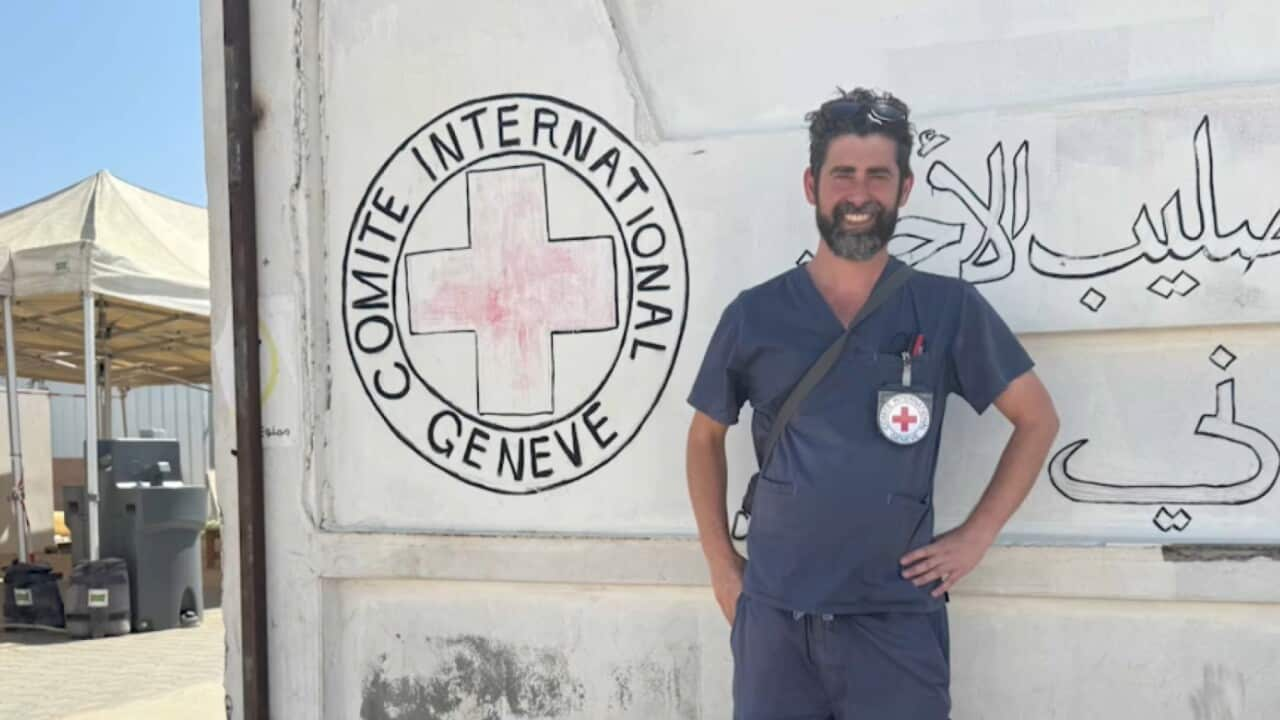Ambulances are vehicles equipped to provide emergency care to sick or injured people, and to get them to a hospital if needed.

Source: AAP / AAP Image/Joel Carrett
“If somebody is having something like a heart attack, or they've got unexplained chest pain or chest tightness or something like that, we'd recommend calling an ambulance. If somebody had suddenly lost consciousness or was suddenly weak or numb or paralysed, maybe they couldn't speak properly, or [is having] seizures, traumatic injuries, so falls from large heights where you've injured yourself. Obviously, anything violent, like if you've been stabbed or shot, perhaps you've been burnt, which is particularly important to call the ambulance for children.”
In some circumstances locating the patient can be difficult, says Dr Sawyer, so it’s important to provide as much clear information as possible when you call triple zero.

Credit: Wikimedia (public domain)
The person who answers your triple zero call will ask questions to decide if your situation qualifies as an emergency.

An Ambulance on the road- AAP Image/Dave Hunt Source: AAP
Lindsay Mackay, the Interim Executive Director of Operational Communications at Ambulance Victoria. explains, in most states and territories in Australia, ambulance services will charge you a call-out fee, a per kilometre fee or both.
If you don't speak English well, you can use an accredited bilingual interpreter at any stage of the process.




